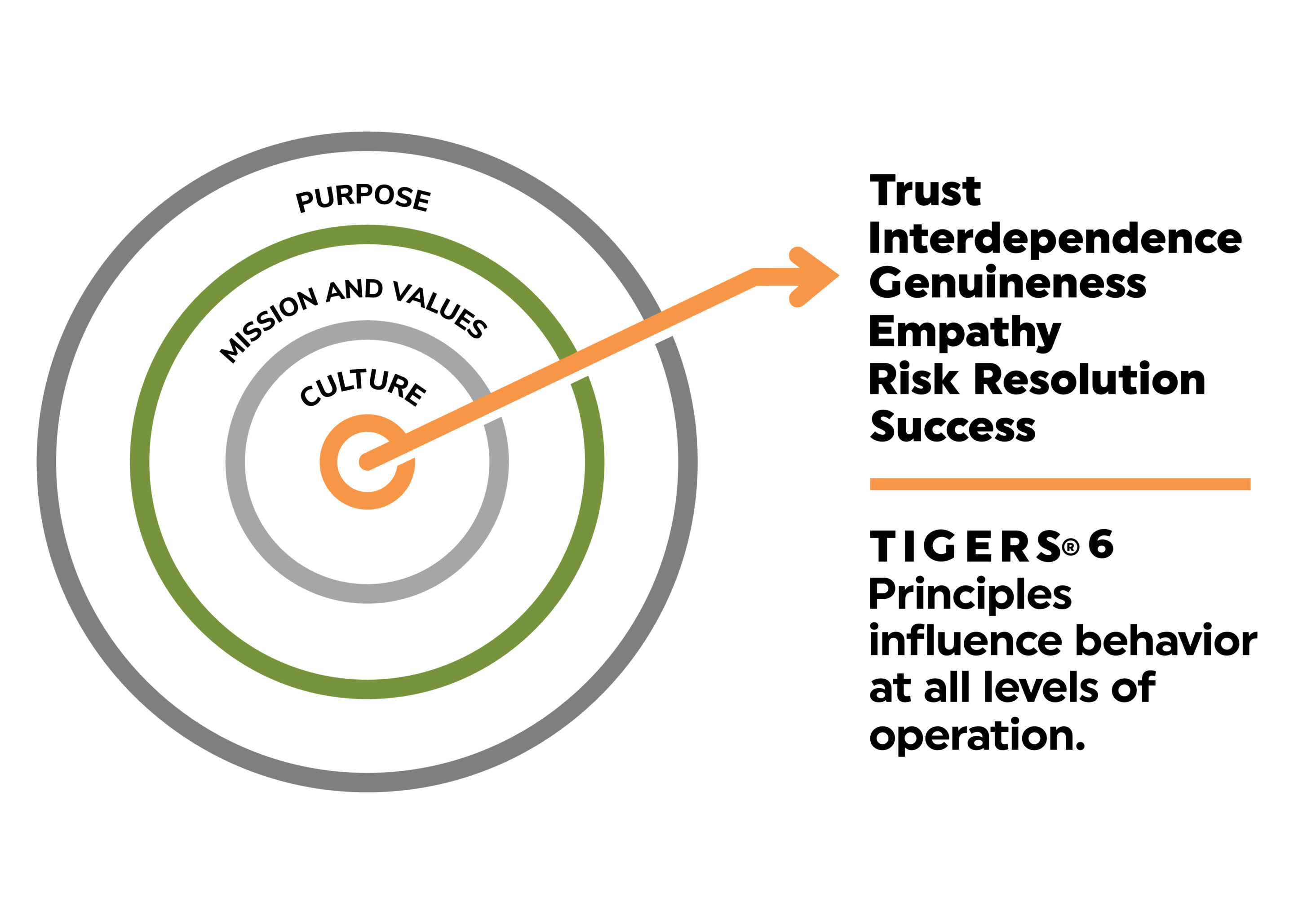
Consistency is a hallmark of a trustworthy leader. And, with inconsistent leaders comes unpredictability.
The consistency and predictability of United States leaders has seemingly evaporated since January 22, 2025. Johnathan Last of the Bulwark and the Triad writes, “Europeans are moving ahead with their own security plans because they realize, as a French minister put it, ‘We cannot leave the security of Europe in the hands of voters in Wisconsin every four years.’ He was right.”
Whether it is the world stage or business or a community, inconsistent leaders and unpredictability strike fear for security of its members. So, why is consistency and predictability so important to the human condition?
Unpredictability and inconsistency in leadership have far-reaching consequences
Unpredictable and inconsistent leaders have far-reaching consequences across national, business, and community levels. From a psychological standpoint, humans are hardwired to seek safety, certainty, and clarity. When leaders behave inconsistently—saying one thing and doing another, reacting emotionally, or constantly shifting direction, it creates a climate of uncertainty that triggers stress responses in the brain. As cortisol rises, creative problem-solving, trust, and collaboration diminish. Over time, this leads to burnout, anxiety, and disengagement. This is not just among individuals, but across entire systems.
In business, inconsistency erodes performance and culture. Employees don’t thrive in environments where expectations are unclear or where values shift depending on the pressure of the moment. Teams begin to operate in defensive postures. They spend more time reading the mood of the leader than focusing on delivering outcomes. Productivity drops not because of a lack of skill or motivation, but because psychological safety has vanished. According to research from Harvard Business Review and Gallup, consistent and predictable leadership is one of the key drivers of employee engagement and retention. When leaders are steady and values-based, performance increases, loyalty deepens, and innovation rises.
On a national scale, inconsistent leaders creates deep fractures in social trust. When citizens can’t rely on their leaders to act with integrity or consistency, disillusionment grows, and participation in civic life declines. Misinformation spreads more easily. Polarization intensifies as people search for something they can depend on. Social psychologist Jonathan Haidt has written extensively about how trust in institutions declines when leaders repeatedly break their word or move the goalposts. The cost? A fraying democracy and a divided population with diminishing belief in collective progress.
In education, consistent leadership helps create an environment where students and teachers feel empowered to grow. Predictable, fair rules and follow-through create boundaries where learning can flourish. As developmental psychology suggests, children and adolescents thrive when their leaders (parents, teachers, administrators) model reliability. When educators apply rules inconsistently or change direction without explanation, it undermines authority and creates resentment. The same applies to adult learners and workplace training. When leaders practice what they preach and apply fair standards, people engage more deeply and invest in their own growth.
Leadership inconsistency fractures social trust
Community organizations, nonprofits, faith-based institutions, neighborhood associations all depend on trust more than structure. If a community leader behaves unpredictably, their ability to mobilize support, resolve conflict, or drive shared goals diminishes quickly. In contrast, consistent leaders build cultures of contribution. This is where people show up not because they must, but because they believe in the shared mission. Predictability is day after day doing what you say you will do. This consistency builds collective confidence and creates a safe space for participation and growth.
From a business development perspective, investors and clients look for consistent signals before they trust. Unpredictability from leadership sends red flags that the organization may not be sustainable. Stability, on the other hand, creates space for long-term planning, partnership, and investment. As McKinsey research confirms, companies with consistent leadership and clear cultural standards outperform those without. This is because people and systems flourish when they don’t have to brace for impact every time a decision is made.
Consistent leaders also model emotional regulation, a cornerstone of emotional intelligence. When leaders handle stress with calm, own their missteps, and communicate openly about change, they model how to move through uncertainty without causing more of it. This builds resilience in their teams. It also sends the message that people can trust not only what they do, but who they are. Leadership becomes a source of grounding rather than volatility. This is especially important in unpredictable times, where the leader’s character becomes a North Star for the people who follow them.
Ultimately, predictability and consistency are not about rigidity. They’re about trustworthiness. People thrive when they can rely on their leaders to uphold shared values, act with integrity, and remain steady in the face of pressure. Whether in business, government, or a team huddle, leadership rooted in consistency creates the foundation where people feel safe enough to take risks. They collaborate freely, and grow into their potential. Without that foundation, even the most talented teams’ falter. But with it, organizations rise, communities strengthen, and people flourish—together.
The TIGERS 6 Principles workshop, Master High-trust Leadership, is a training and operational development workshop with the goal of helping leaders improve trustworthy behaviors in the workplace and among employees. Take a look if earning trust and leading with confidence in uncertain times matters to you. This is where it starts.
Copyright TIGERS Success Series, Inc. by Dianne Crampton
 About the TIGERS 6 Principles™
About the TIGERS 6 Principles™
The TIGERS 6 Principles empower Executives and Consultants with a comprehensive and versatile collaborative work environment and transformational leadership system to resolve avoidable talent, engagement and work community problems that stunt growth and scalability.
A researched and validated collaborative work culture and facilitative leadership model, licensing is available for HR Executives, Operations and Project Managers, Consultants and Coaches to improve their operations and client success.
Enroll in this complimentary webinar to learn more about the TIGERS 6 Principles.